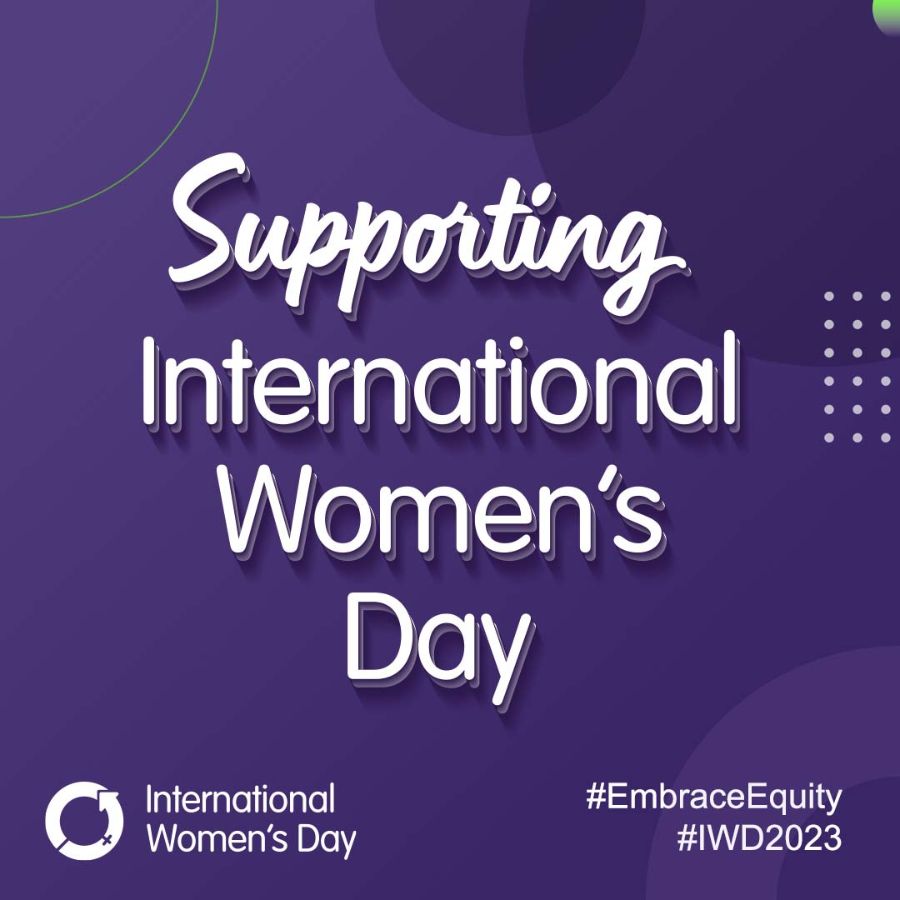
International Women’s Day

On 8 March each year, people across the world will come together to celebrate the achievements of women and to campaign for a more equal world.
This year the theme for International Women’s Day is “Embrace Equity” and although this will widely be marked across business, civil society and the media, the radical and political roots of International Women’s Day are often forgotten.
On 8 March 1908, hundreds of women workers in New York came together to form a union and demand the right to vote. On the same day in 1917, women workers in Petrograd, Russia, held a strike to demand wartime peace. From those early days until now, the workplace has been, and will always be, a primary site for women’s struggle for equality. In remembering the radical beginnings of International Women’s Day, we can seek inspiration to drive the campaign for women’s equality forward.
International Women’s Day is also a time for reflection. Sadly, this year more than ever, we realise how much ground there is to make up. We know that gender-based violence occurs and that women don’t have the resources to escape abusive relationships. We know that despite the Equal Pay Act coming into force over 50 years ago, women still don’t have real equal pay. We know that women are disproportionately affected by public sector cuts, and that there remains an unequal gendered distribution of domestic work in the home. We know that women experience glass ceilings and sticky floors in the workplace, and that cat calling, sexual harassment, and mistrust of the police, following the tragic murder of Sarah Everard, are unfortunately part of the experience of being a woman.
Before I came to my legal career I worked in the violence against women sector. I remember speaking with a colleague who was in her 60s and had been involved in the Women’s Liberation movement in Edinburgh in the 1970s and 1980s. She reflected that the demands of the movement still haven’t been met; we still haven’t achieved an end to gender based violence, real equal pay, equal job opportunities and abortion on demand. This really hit home for me. Although there has been progress, and don’t get me wrong, there really has, we are still fighting the same battles. However now, we have the added complexities of how misogyny manifests on social media, revenge porn and the algorithm pushing violent misogynists like Andrew Tate. At times it feels too much to comprehend. It is all part of a giant web of structural, political, economic, interpersonal, and cross-cultural inequality, that at times, feels horrifically overwhelming.
Although this may be the case, it serves little purpose in wallowing in the horrors of everyday sexism. Women still persist in their struggle to enforce their rights, and to campaign for better ones. In the workplace, this can be seen through the mass litigation for equal pay by women working in local authorities and supermarkets, and by bold campaigns such as Better than Zero’s Get Me Home Safely, or by trade unions putting pressure on employers to have domestic abuse and menopause policies, better maternity rights and fair job evaluation. Women are also courageously articulating their rights in the Employment Tribunal, raising claims for harassment, equality of terms and discrimination.
In this short series of articles for International Women’s Day, I will look at how women have used the existing legislation to articulate their rights in the workplace. By using the case studies of menopause and sexual harassment, I hope to show how women continue the legacy of the radical women from the early twentieth century so that future generations can live in a more equal world, where equity is easier to embrace.
Email Alice Bowman
Call us free on 0808 560 0872
Arrange a callback by using our enquiry form
Share this page

